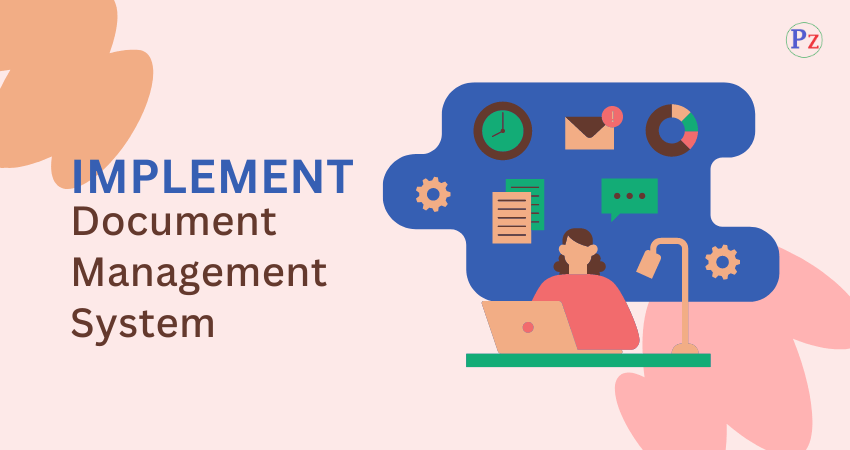Sometimes, engineers work as consultants to give expert supporting evidence in appropriate circumstances. The concentration of engineers may be on the past, such as explaining the causes of accidents, malfunctions and other activities and functions which involve technology.
They also focus on the future such as public planning, policy making etc, that involve technology. In general, engineers are often hired by one of the opponent parties of a dispute.
This creates special ethical issues about the functions of the engineers. It is important to analyze how the engineers act as expert witnesses and advisers.
Engineers Act as Expert Witness in the Courts
In the judicial system, engineers can be hired, by either the plaintiff or by the defence to witness both the civil and the criminal proceedings.
Some engineers occasionally, act as expert witness and some others may do such act as a routine work and they become specialists in forensic engineering.
Forensic engineering means the application of engineering skills and knowledge within the judicial system. They may act as witnesses in the cases such as defective products, personal injury, damage to properties, traffic accidents and even air crashes.
Their witnessing has been considered by the Justices while giving judgment as to who has to be paid compensatory damages for injuries, loss of property or violation of rights.
Their witnessing has also been considered in case of “exemplary damages. i.e., violation of rights by involving fraud, malice or other wrong doings.
Engineers are hired by lawyers to serve the interest of their clients. Engineers when hired, have obligations to focus their qualifications accurately when called by the court.
They also have a responsibility of confidentiality. Their basic and primary responsibility is to be objective in finding the truth and telling it honestly.
The proper role of engineers as expert witnesses, depending on the shared understanding, creates, moral responsibility within society.
Their role must be understood in terms of the morally justified aims of a legal system with regard to the professional standards as per the codes of ethics.
The main objective of a legal system is to find out the truth about events perceived by the disputing parties. So, the primary purpose of the court system is to manage a difficult system of legal rights that explains legal justice.
For promoting legal justice, the court system depends on the expert witnesses. For this work, the expert witnesses should be paid by the courts.
The legal system differentiate eyewitness and expert witness as:
| Eye Witnesses | Expert Witnesses |
| Eyewitnesses give evidences in the court about what they have seen actually. | Expert witnesses are allowed larger freedom in giving evidence on facts in their areas of expertise, on explaining facts, in commenting on the views of the expert witnesses of the opposite side and also in reporting on the professional standards. |
So, the role of expert witnesses is to find out the fact about the causes of accidents and not to serve the lawyer’s clients directly.
Lawyers hire and pay engineers for their services in investigating the truth and not to give supporting evidence in a favorable manner to the lawyer’s clients. If hired engineers bias the truth, they are doing great harm to the lawyers.
| Read More Topics |
| Characteristics of quality leaders |
| Strategies for developing confidence |
| Intellectual property rights |
| Moral problems arise in engineering |




